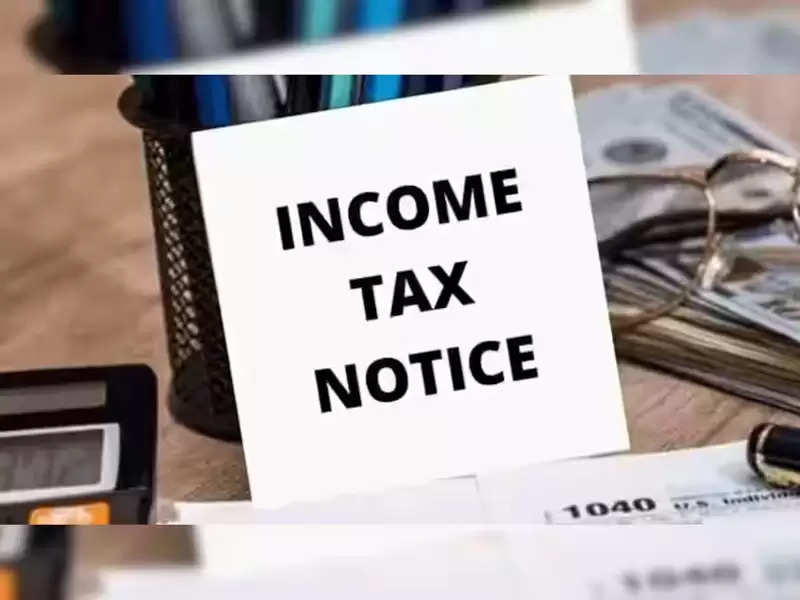
Individuals with taxable income must file Income Tax Returns (ITR) to avoid any punitive action from the Income Tax Department. However, despite filing ITR within the deadline, some taxpayers may still receive a notice from the Income Tax Department.
Let us tell you that the Income Tax Department issues notices for many reasons which include discrepancies in declared income and actual income, failure to report high value transactions, incomplete documents and late filing or non-filing of returns.

One of the primary reasons for receiving income tax notices is discrepancies between declared income and actual income. The Income Tax Department always keeps an eye on tax evaders and will issue notices if there is any suspicion of underreporting of income.
Similarly, failure to report high-value transactions such as large cash deposits, property purchases, or luxury items attracts scrutiny from tax authorities. The Income Tax Department requires taxpayers to report all high-value transactions to curb black money and trace low income.
Incomplete documents while filing ITR can also lead to income tax notice. Taxpayers must attach all necessary documents in support of the deductions claimed by them and the total income from all sources in a financial year. Income tax notice will be sent even if ITR is filed late or not filed.
In some cases, the Income Tax Department may randomly select files for scrutiny, even if the taxpayer has paid his taxes correctly and on time. Finally, claiming excessive deductions can also lead to investigation by the tax authorities, which may even lead to a notice.

It is important to respond promptly to income tax notices and provide all required documents and information. Ignoring the notice may result in further legal action and fine. Taxpayers should ensure that they file ITR within the due date and report all high-value transactions to avoid any discrepancy and possible legal consequences.
 look news india
look news india


